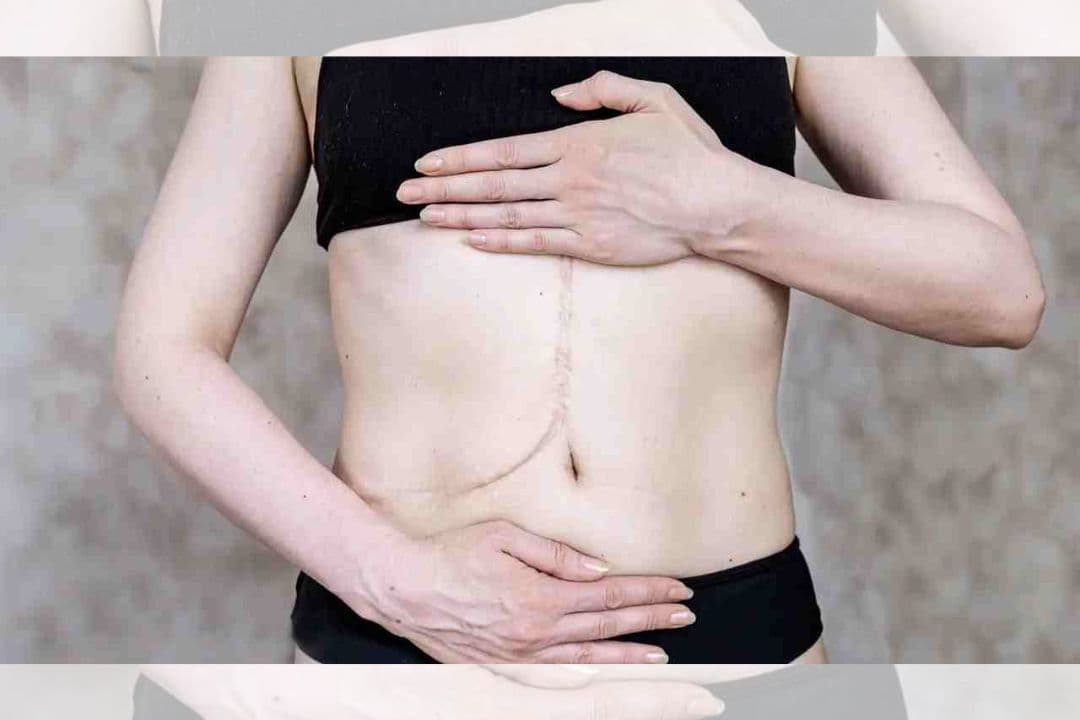Liver transplant
A liver transplant is a surgical procedure that removes a liver that no longer functions properly (liver failure) and replaces it with a healthy liver from a deceased donor or a portion of a healthy liver from a living donor.
Liver transplantation is a life-saving procedure for individuals suffering from end-stage liver disease or acute liver failure. The liver plays a critical role in filtering toxins, producing bile for digestion, and regulating various metabolic processes. When the liver fails due to chronic conditions like cirrhosis, hepatitis, or liver cancer, a transplant may be the only viable option to restore normal liver function. Liver transplants involve either a full liver from a deceased donor or a portion of the liver from a living donor, as the liver has the unique ability to regenerate.

Symptoms of Liver Failure
Liver failure can occur gradually (chronic) or suddenly (acute). The symptoms vary depending on the underlying condition but may include:
Jaundice
Yellowing of the skin and eyes due to the liver's inability to process bilirubin
Fatigue and Weakness
Persistent tiredness and lack of energy, often worsening over time.
Swelling (Edema)
Fluid buildup in the legs, ankles, or abdomen (ascites) due to impaired liver function.
Nausea and Vomiting
Frequent digestive issues, including nausea and vomiting, due to toxins not being effectively removed by the liver.
Bleeding or Bruising Easily
As the liver fails, it affects blood clotting, leading to increased bleeding or easy bruising.
Mental Confusion (Hepatic Encephalopathy)
The buildup of toxins in the bloodstream can affect brain function, causing confusion, memory loss, and difficulty concentrating.
Dark Urine and Pale Stools
Changes in urine and stool color due to impaired bile production.
Unexplained Weight Loss or Appetite Loss
Rapid weight loss or a lack of appetite, often accompanied by muscle wasting.
These symptoms often worsen as the liver loses more of its ability to function, and without treatment, the patient's condition may become life-threatening.
Treatment: Liver Transplant
The treatment process includes:
Pre-Transplant Evaluation
Medical Assessment
Thorough evaluation of the patient’s overall health and liver function to determine eligibility for a transplant.
Donor Matching
If a deceased donor liver is available, it must match the patient’s blood type and size. In living donor transplants, a close relative or volunteer donates a portion of their liver.
Lifestyle Adjustments
Patients may be required to stop alcohol consumption, quit smoking, and manage other health conditions like diabetes or high blood pressure before undergoing surgery.
Liver Transplant Surgery
The transplant procedure typically takes several hours. The failing liver is removed, and the healthy donor liver (or portion of it) is implanted and connected to the blood vessels and bile ducts.
After surgery, patients are monitored in an intensive care unit (ICU) to ensure that the new liver functions properly. Most patients remain in the hospital for 1 to 2 weeks.
Post-Transplant Care
Immunosuppressive Medications
To prevent the body from rejecting the new liver, patients must take immunosuppressive drugs for the rest of their lives.
Regular Monitoring
Patients need frequent checkups and blood tests to monitor liver function and detect any signs of rejection or complications.
Lifestyle and Diet Changes
Maintaining a healthy lifestyle, including a balanced diet and regular exercise, is crucial for long-term success.
Complications and Risks
While liver transplants are highly successful, there can be risks such as organ rejection, infection, or complications from immunosuppressive drugs. Early detection and management of these complications are key to ensuring a positive outcome.
Services :
Dr. Vishavnoor Singh Kalra provides best Gastroenterology services.He has best experise in all the fields of colonoscopy, endoscopy, and therapeutic Endoscopy procedures like ERCP and EUR. He has vast experience in specialised care for the prevention, diagnosis, and treatment of diseases of the liver and the digestive tract, including the stomach, gallbladder, duodenum, biliary tract, small intestine, pancreas and colon. Our dedicated team offers expertise in general gastroenterology as well as: gastrointestinal cancers, liver implants, inflammatory bowel disease and viral hepatitis.
He strive to offer patients thoughtful, compassionate and timely care through the most advanced procedures like photodynamic therapy and endoscopic techniques. Our state-of-art operation theatres, equipped with dedicated medical and surgical intensive care units, allow our surgeons to perform all minor and major surgeries related to Gastroenterology and Liver Diseases.







